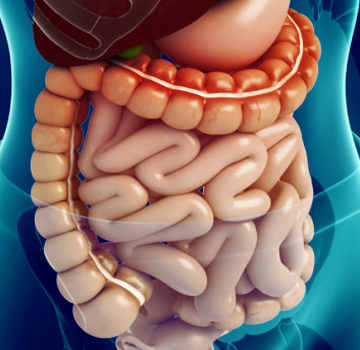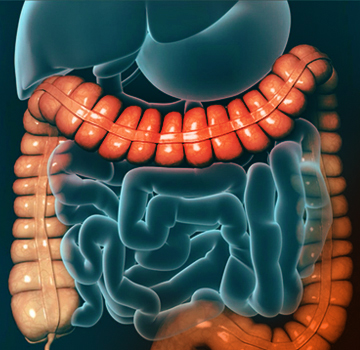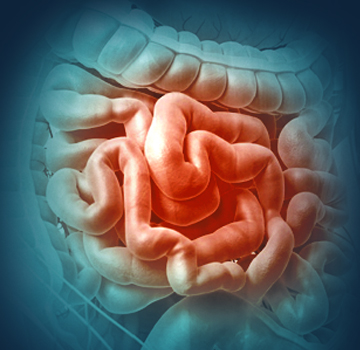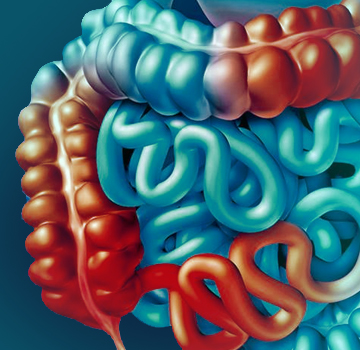Solid Organ
Diseases
Fatty liver
It is an accumulation of fat in the liver, it can be harmless, but sometimes it can cause the liver to swell.
It is important to note that liver pain is located in the upper right part of the abdomen and is accompanied by discomfort such as nausea and vomiting.
Symptoms of fatty liver: Fatigue or pain in the upper right part of the abdomen, bloating, red palms, yellowing of the skin or eyes (jaundice).
Hepatic cirrhosis
It is a chronic and progressive disease of the liver where it generally decreases in size, loses its spongy consistency and small nodules are formed. It is the final phase of many chronic liver diseases.
SSymptoms: Jaundice. (yellowing of the skin, Fatigue, Itching, Bruising, Weight loss.
In women, missed or missed periods not related to menopause but if liver cirrhosis is diagnosed early and the cause is treated, it can be limited the progression of the damage and, rarely, be reversed.
Acute and chronic hepatitis
Hepatitis is inflammation of the liver. Inflammation is organ swelling that occurs when organs become injured or infected.
Acute hepatitis: It is a short-lived infection. Symptoms can last up to 6 months. Sometimes your body is able to fight the infection and the virus goes away.
Chronic hepatitis: It is a long-lasting infection. If left untreated, it can last a lifetime and cause serious health problems, including liver damage, cirrhosis, liver cancer, and even death.
Splenomegaly
It consists of the increase in size of the spleen, which can be caused by different diseases and needs treatment to avoid a possible rupture, which could give rise to potentially fatal internal bleeding, the function of the spleen is to regulate, produce and store blood cells and destroy old and damaged blood cells, however, due to the increased capacity to store blood cells, in splenomegaly, the function of this organ is affected and the number of circulating blood cells decreases causing anemia, frequent infections and bleeding disorders.
Symptoms: Bruising, bleeding in the mucous membranes, such as in the nose and gums, anemia, tiredness, increased frequency of infections, permanent feeling of fullness in the stomach, pain in the upper left side of the abdomen that worsens when taking a deep breath.
Types of bowel disease
Within inflammatory bowel disease we find two different types: ulcerative colitis and Crohn's disease. The latter can affect any section of the digestive system, while Ulcerative Colitis affects only the colon.










